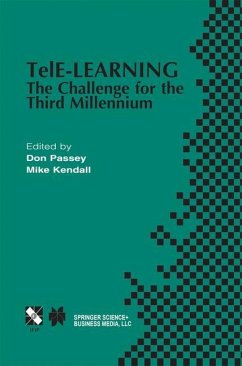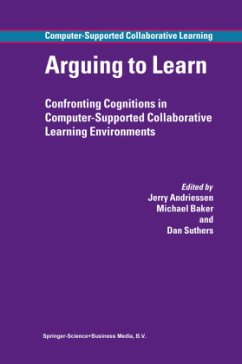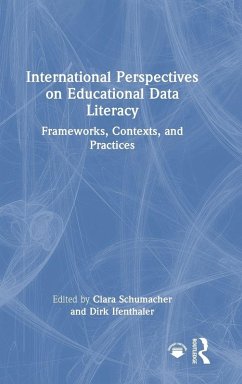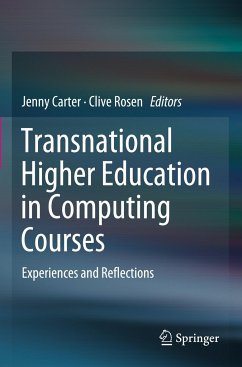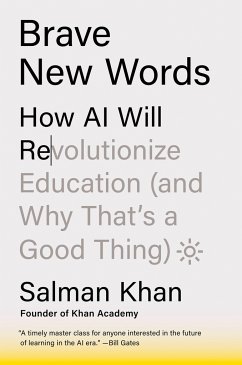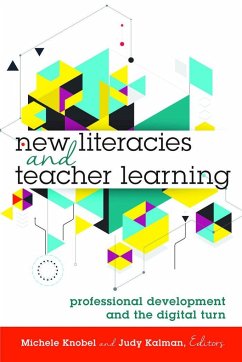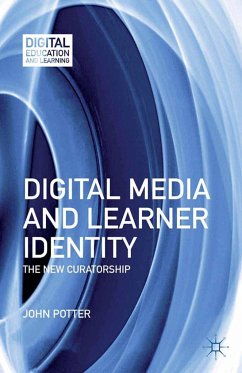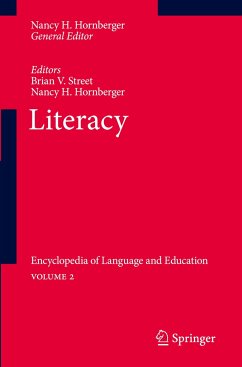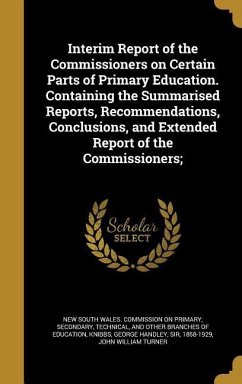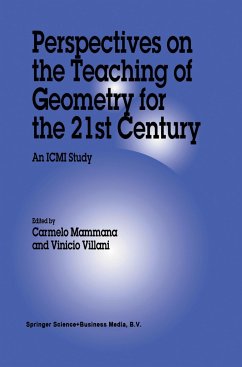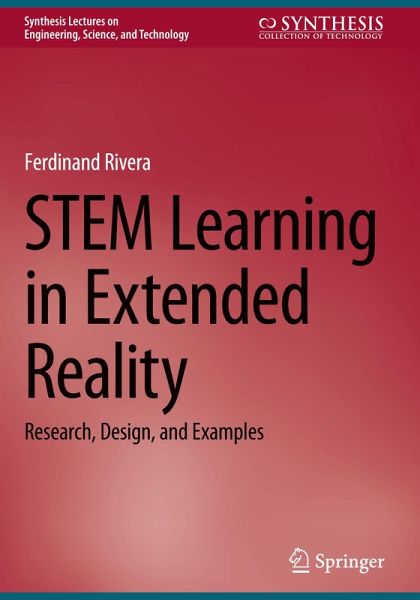
STEM Learning in Extended Reality
Research, Design, and Examples

PAYBACK Punkte
16 °P sammeln!
This book synthesizes findings from recent and ongoing research on the use of Extended Reality (XR) to support learning of STEM content. XR is slowly being introduced in classrooms due to significant changes in XR technology. These tools were historically costly, unfriendly, and developed only for gamers. Today, XR tools are able to enhance students' immersive experiences in such settings. In classrooms, in particular, they provide learners with an opportunity to manipulate abstract objects as if they are physical objects. The book begins with an extensive and detailed description and evaluati...
This book synthesizes findings from recent and ongoing research on the use of Extended Reality (XR) to support learning of STEM content. XR is slowly being introduced in classrooms due to significant changes in XR technology. These tools were historically costly, unfriendly, and developed only for gamers. Today, XR tools are able to enhance students' immersive experiences in such settings. In classrooms, in particular, they provide learners with an opportunity to manipulate abstract objects as if they are physical objects. The book begins with an extensive and detailed description and evaluation of the impact of various XR interventions on learning and engagement in STEM classrooms. The author then concludes with theoretical frameworks for investigating learning in computer- immersive contexts and practical implications for effectively using XR tools to learn STEM.



